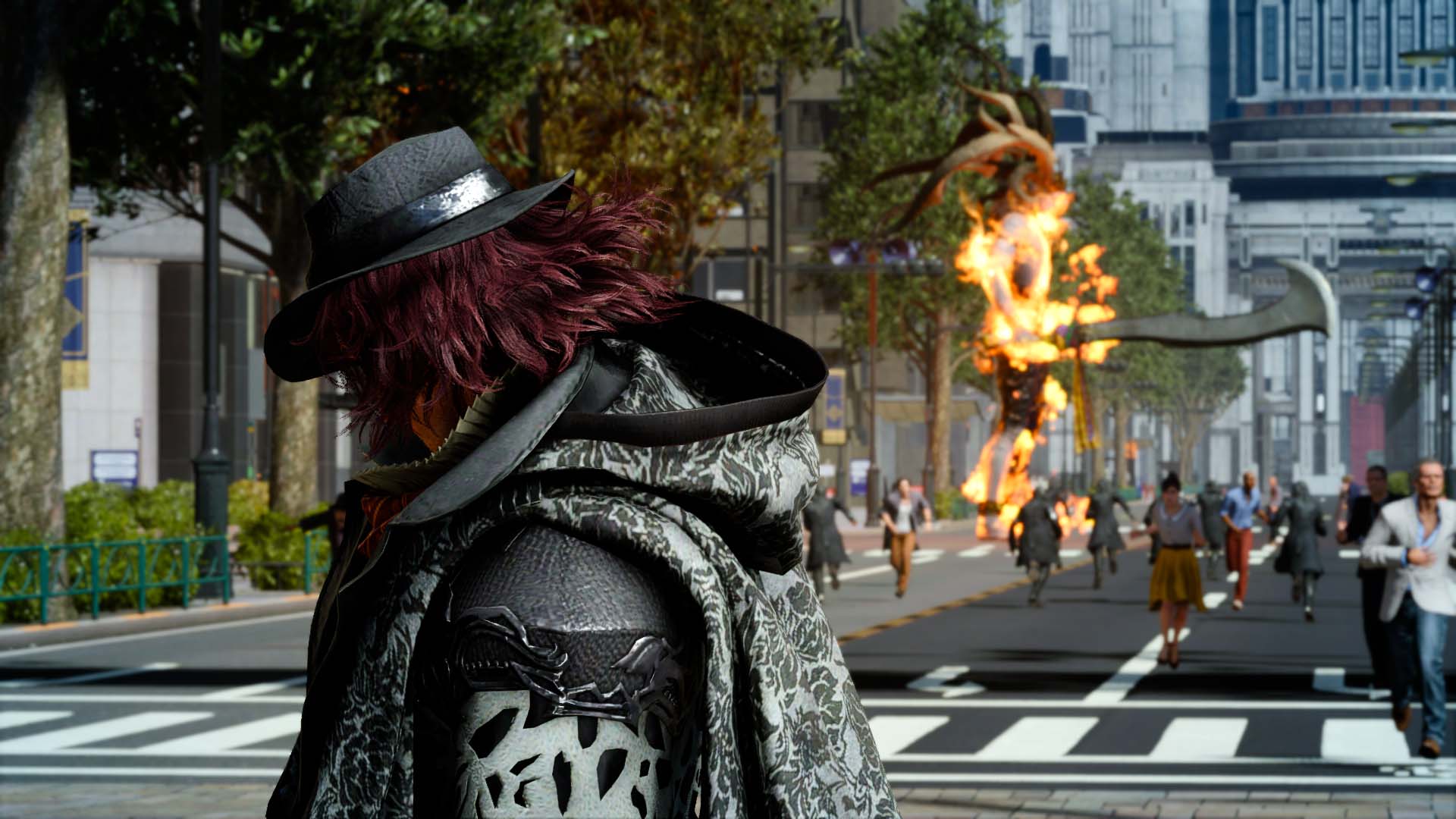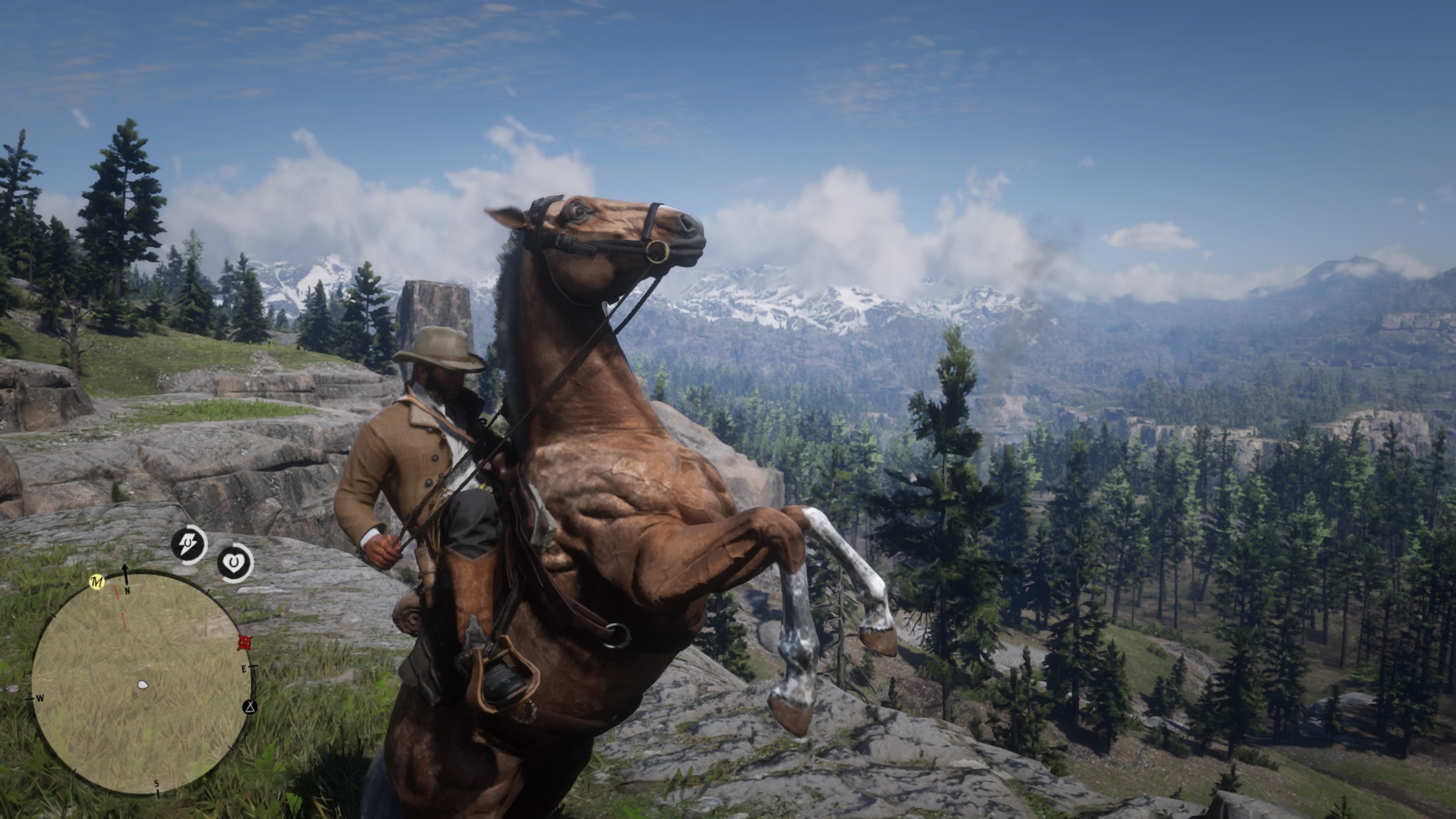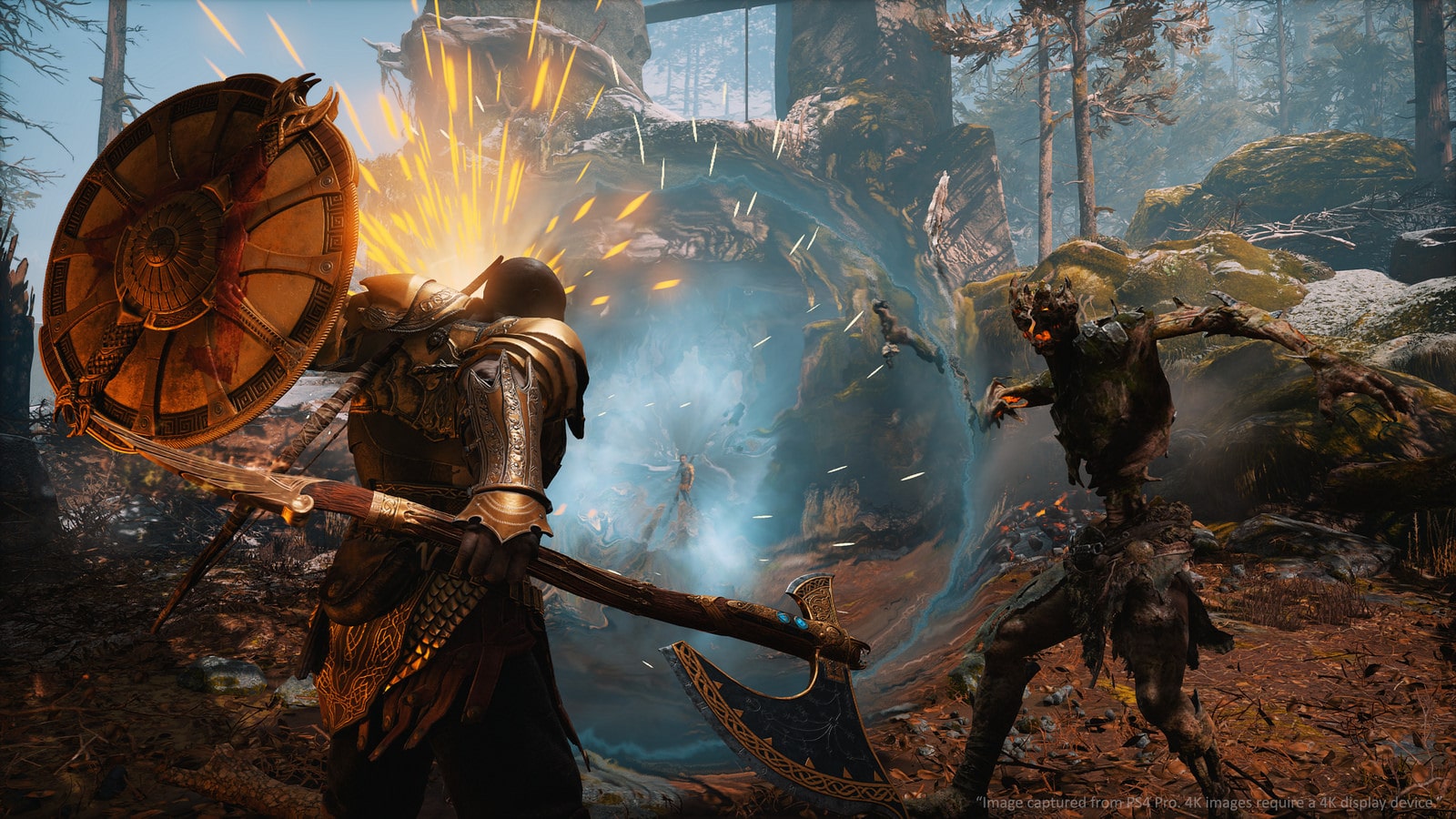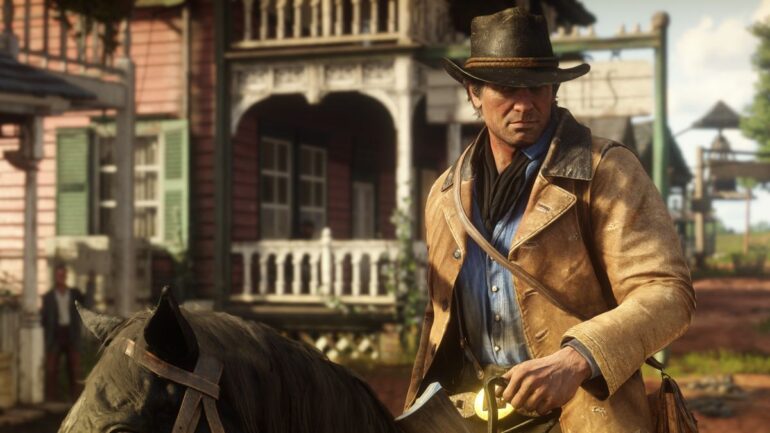Let’s start with a few important elements:
Invisible Walls

This actually factors into the whole freedom aspect that was recently mentioned. Although it’s understandable that some sections of the game have to be barred from the player temporarily, too many restrictions will make one feel isolated. One of the worst feelings that a player could ever experience is thinking that he/she can access a particular location, only to be stopped by nothing but an unseeable barrier.
What I’m basically saying is that while invisible walls are needed, there shouldn’t be too many of them—especially in an open world game.
Graphics

While I understand that this is totally subjective, I believe that graphics impact one’s open world experience. Because let’s face it, you wouldn’t want to explore areas that look uninteresting or downright ugly right? Everything from character models to in-game environments needs to look aesthetically pleasing. It doesn’t matter if it’s in 2D or 3D; if it doesn’t look good, then players will most likely give up on the game entirely.
Besides, focusing on the graphical quality is in the developer’s best interest. So long as it’s not the only aspect they’re focusing on, then they’ll most likely garner a decent or huge fanbase.
Enemy Variety

Just like with RPG’s, enemy variety is especially important in open world games. Since you’ll be heading over to different areas, it only makes sense that you should be fighting new enemies. I have noticed that there are a lot of games where the developers just use the same enemy behavior on a particular model but changing its skin to make it looks as if it was something new to take on. Something like this can cripple one’s combat experience as it can make things feel repetitive.
So if you’re playing an open world game with a large enemy variety, then chances are that it’s a pretty well made.
Interactions

This goes for everything from the characters to the environments. It isn’t exactly a great feeling knowing you have an entire world to explore, only to find out that there’s nothing to do in it. The ability to do just about anything you want is one of the feelings an open world game is meant to provide. Being able to interact with different things gives freedom of choice. I understand that not everything can or should be interacted with, but I assume that most people would like it if they could.
Imagine playing a game where you think you couldn’t kill an NPC you didn’t like, only to try and find out that you can. Not saying that you should always do this, but discovering something like that can be pretty awesome.
Character Progression

Another element that ties in with RPGs. This is for both the main character you control and any party member that the game forces on you. What I mean about character progression isn’t just limited to their continuing plot line. It involves everything from how much stronger they get and what equipment they can use the more you play.
Imagine a scenario where you’ve just begun playing and you’ve accidentally run into a high-level area. You get your ass kicked, knowing that you can’t take it on just yet. Now, let’s say that you’ve put in the time to get decent levels and equipment to continue your journey. You head back to the area that was too strong for you in the past, but this time you’re actually prepared for it. You make your way inside, beating the very enemies that were once too strong for you.
Something like that would give that sense of accomplishment most players yearn for. Hopefully, future open world games manage to replicate such an experience.
And that’s about it when it comes to what I think makes a good open world game. What do you think? Did I miss something? Leave a comment to give your own personal opinion.
